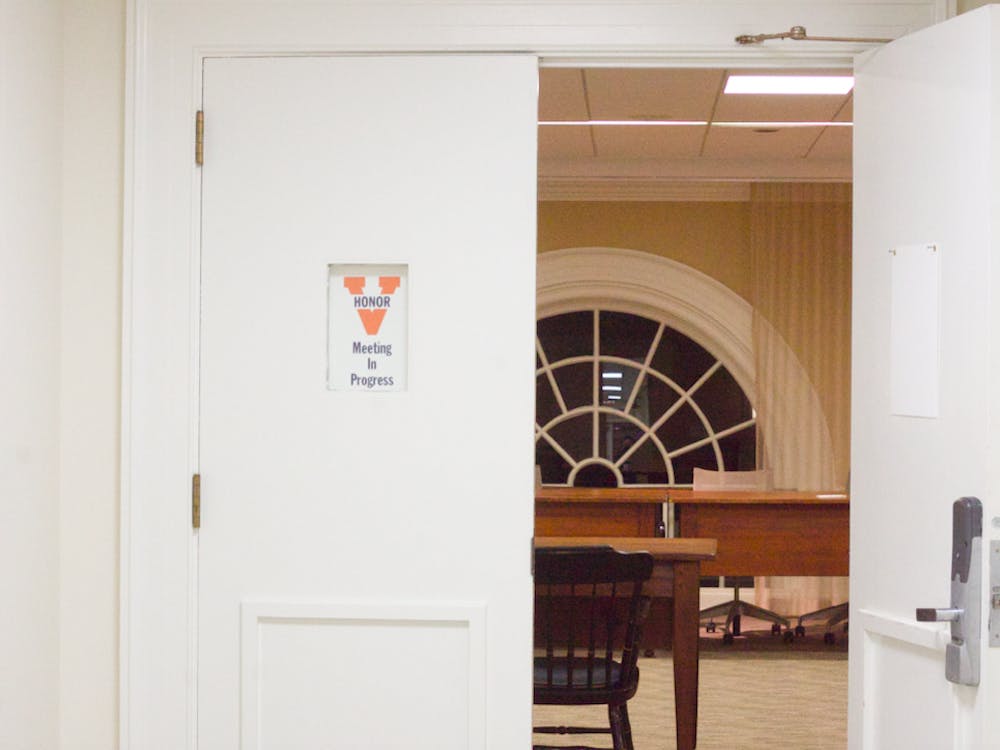In the past few weeks, an ideology regarding tipping has gained significant traction inside the restaurant industry: higher menu prices, higher wages and no tipping. Four days ago, this custom drew significant attention from the entire restaurant industry when Danny Meyer, the famous New York City restaurateur and CEO of the Union Square Hospitality Group, announced he is doing away with tipping in all of his 13 restaurants — a laudable contribution toward eliminating wage inequality inside the industry.
This sudden change concerning how more than 1,800 employees are paid will hopefully set an industry standard that aims to solve the current two-tiered wage system that affects millions of workers. Currently, servers have been earning significantly more than other staffers inside restaurants. Meyer explained that tipping has been a "major obstacle" in providing "more meaningful career opportunities and advancement for our 1,800 employees.”
According to Meyers, the “dining room pay” has gone up more than 200 percent over the past 30 years. However, income for those who work at “the back of the house” and don’t get tipped has only risen around 25 percent. It is clear that throughout the past few decades the gap between waiters’ and other staffers’ income in restaurants has risen significantly. Doesn’t the kitchen staff play a role as important as the server when it comes to your dining experience? Why, then, are restaurateurs not getting rid of this system?
One reason is because of the distinctly American culture of tipping. Many people appreciate having the right to reward — or not reward — servers for the service they receive in a restaurant. It seems logical; if I receive good service, I’ll give you a good tip, but if I receive bad service, I’ll pay you less. However, a study of more than 2,600 dining parties at 21 different restaurants showed "tips are only weakly related to service quality.” This means the most important factor one really does consider when giving a tip is the amount of the check, and not how attentive the server was. If tips are not completely related to service, what are they based on? Another study “indicates that consumers of both races discriminate against black service providers by tipping them less than white service providers.” Tips based on any other factors (especially race) rather than service are not only wrong — they are discriminatory.
The most compelling argument against eliminating tipping in restaurants seems to be the fact that it’s the main source of income for servers. Servers’ wages are largely dependent on tips, and that is why many profit-seeking restaurateurs favor the current tipping system. It’s cheaper to have a work-force when most of its income comes directly from the consumer — but this might be the biggest problem. Consumers end up being the ones responsible for the income of a restaurant’s servers instead of the restaurant owners themselves. Instead of relying on tipping as a source of revenue for their servers, restaurant owners should pay them a fair living wage and raise menu prices.
If restaurant owners begin paying their servers living wages, menu prices will rise for consumers. Meyers said that in order to make up for the lost tips and tax credits, menu prices will be increased “20-plus percent.” This reflects the sacrifice restaurants would have to face in order to eliminate tipping for their servers. Many will lose customers to a restaurant with lower menu prices, but in the long run, as this trend becomes the norm within the restaurant industry, people will need to welcome the new increase in menu prices as the service charge.
Tipping in Europe, where the custom ironically first began, has actually been replaced by a service charge system. Consumers in Europe, therefore, end up with a single-charge check that includes a hospitality fee , rendering a tip unnecessary. While many might argue this system eliminates the cash incentive to work hard for servers, this is not the role tipping really plays. If servers were paid solely through higher wages, the incentive to work would still remain. Jay Porter, owner of the Linkery restaurant in San Diego, wrote in Slate, “Servers want to keep their jobs; servers want to get a raise; servers want to be successful and see themselves as professionals and take pride in their work.”
It must also be noted that restaurant owners can adopt different wage models that fit the restaurant and its staff’s needs. Brian Canlis, co-owner of Canlis restaurant, adopted a “hierarchy of pay” in which “if the dishwasher earns $15 an hour, then the line cook needs to earn at least $18.” This hybrid system is a way many restaurants can assure that its employees are not discriminated against by leveling wages.
The elimination of the current two-tiered wage system will only result in the improvement of living conditions for servants and restore equal and fair compensation inside restaurants. But in order to assure this, restaurants need to get rid of tipping — and we need to get rid of the tipping culture. We need higher menu prices, higher wages and no tips.
Carlos Lopez is an Opinion columnist for The Cavalier Daily. He can be reached at c.lopez@cavalierdaily.com.





